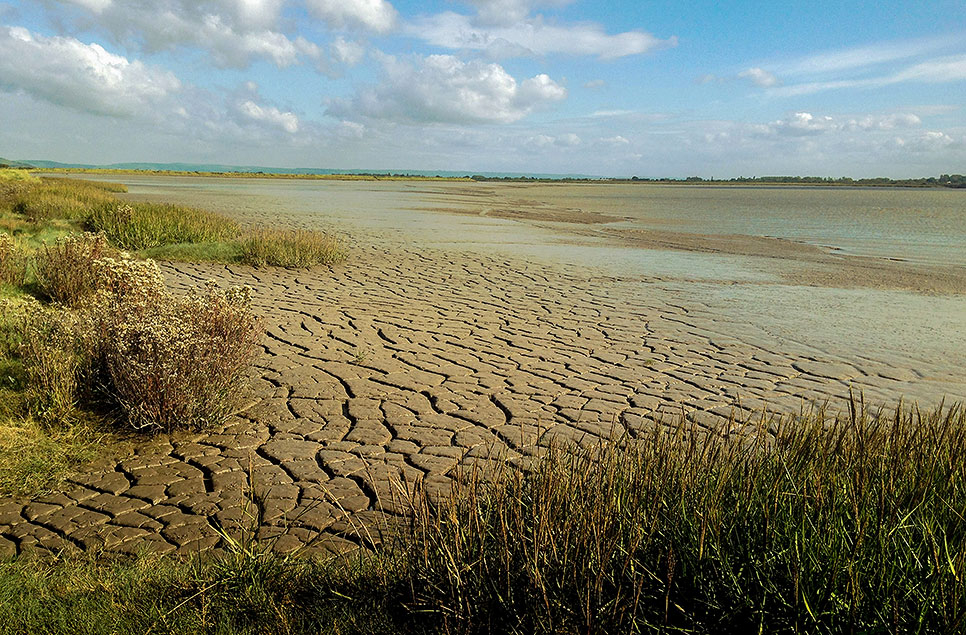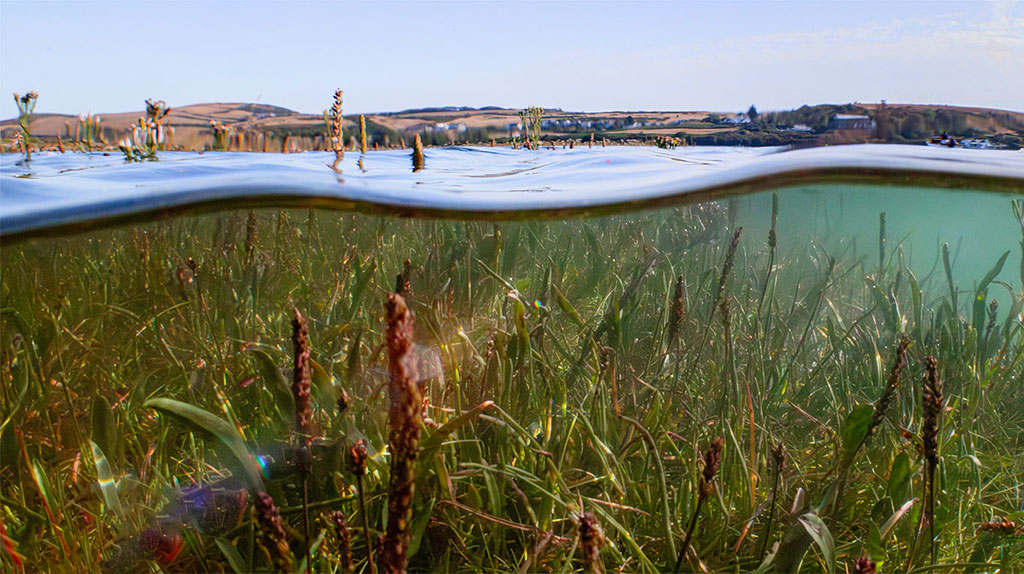IPCC highlights the multiple benefits of restoring wetlands to combat climate change
A report from Intergovernmental Panel on Climate Change (IPCC) has reinforced the importance of restoring and creating wetland habitats, such as saltmarsh, in order to combat climate change as well as deliver multiple other benefits.

The IPCC, the UN’s body for assessing the science on climate change, has published a report looking into methods for reducing greenhouse gas emissions, and removing greenhouse gases from the atmosphere. Their report has found that restoring coastal wetlands, such as saltmarsh, has the potential to remove carbon from the atmosphere in order to help fight the climate crisis. The report also highlights that restoring coastal wetlands brings multiple other benefits, such as restoring biodiversity.
This UN reports shows us the importance of restoring the UK’s saltmarsh habitats to help the UK reach Net Zero by 2050. There is currently a large gap between current government policies to reduce carbon emissions and the reductions needed to reach net zero.1 Saltmarsh is a nature-based solution to closing this gap now, without waiting for carbon capture and storage technologies which aren’t available. WWT’s 250ha saltmarsh at Steart Marshes is storing the equivalent of over 17,000 tonnes of carbon dioxide every year which is equivalent to growing over 280,000 tree saplings for 10 years.2
Tom Fewins, WWT’s Head of Policy & Advocacy, said “This report demonstrates the importance of restoring and creating saltmarsh in the UK. Saltmarsh stores carbon faster than forests and is a nature-based solution to the climate crisis available right now. The government should accelerate its support for this crucial wetland habitat”
WWT is calling for a Blue Recovery, with the creation or restoration of 100,000 hectares of healthy wetlands across the country. This includes calling for the creation and restoration 22,000ha of Saltmarsh, a recommendation which aligns with the Natural Capital Committee’s advice to the Government.3 Not only would this address the climate crisis but would also help fix the biodiversity crisis, reduce flood risk to coastal communities, and reconnect people with nature, boosting wellbeing.
However, WWT cannot unlock the potential of saltmarsh to fight climate change alone. We need support from the government to restore and create saltmarsh and accelerate private investment. We are calling for:
- Incorporation of blue carbon habitat creation such as saltmarsh into the UK Greenhouse Gas Inventory (GGI), which records all emissions and removals of greenhouse gases by the UK. This would incentivise their creation and restoration. This has recently been recommended by the Climate Change Committee, the Government’s adviser on climate change policy.
- Government adoption of a UK Saltmarsh Carbon Code, to sit alongside the existing Woodland Carbon Code and Peatland Carbon Code. WWT is currently working on developing this with partners. This would help ensure the code is established and trusted thereby giving investors confidence to invest, unlocking private finance for wetland creation.
- The Government to fund saltmarsh restoration, creation and protection, accelerating private investment in saltmarsh. For example, this could be achieved by giving the National Infrastructure Bank stronger environmental objectives to allow for greater investment in natural capital, such as saltmarsh creation.
These policies would allow the UK to take full advantage of the opportunities outlined by the IPCC.
1 Green Alliance - Net Zero Policy Tracker
2 bioRxiv
3 The Economic Case for Investment in Natural Capital in England report



